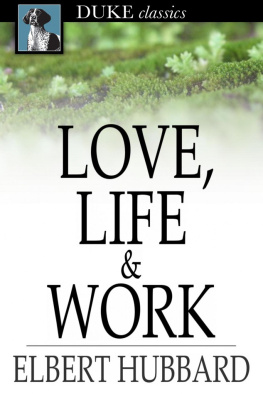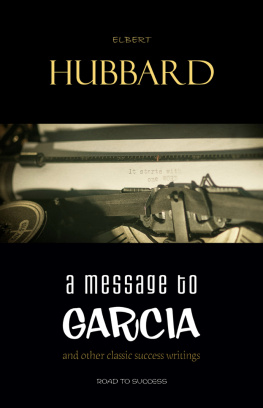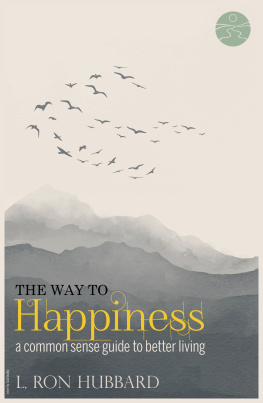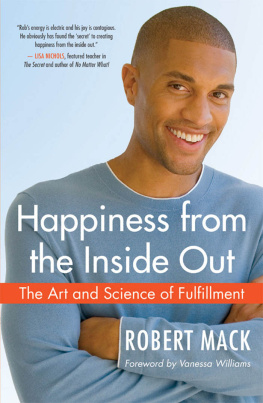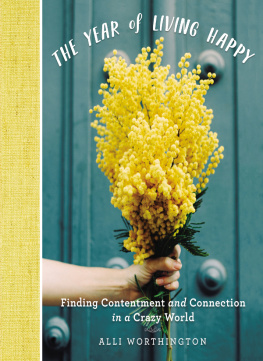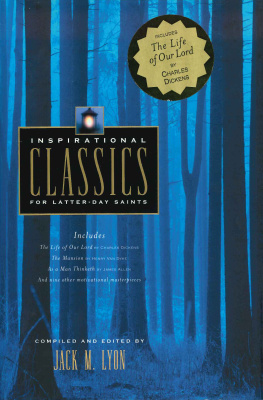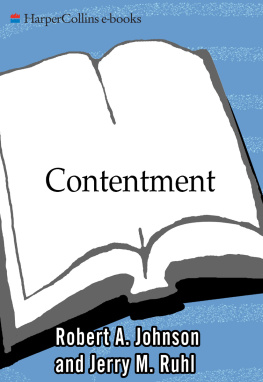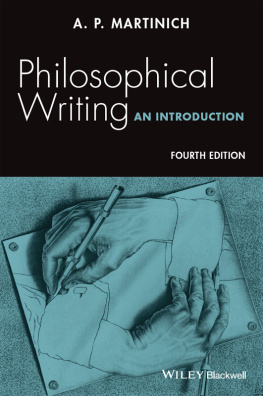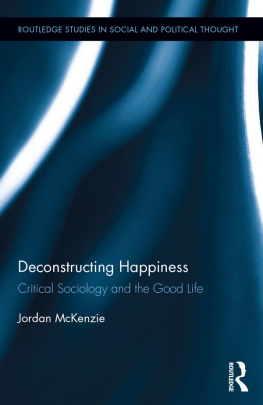LOVE, LIFE & WORK
BEING A BOOK OF OPINIONS REASONABLY GOOD-NATURED CONCERNING HOW TO ATTAIN THE HIGHEST HAPPINESS FOR ONE'S SELF WITH THE LEAST POSSIBLE HARM TO OTHERS
* * *
ELBERT HUBBARD
*
Love, Life & Work
Being a Book of Opinions Reasonably Good-Natured Concerning How to Attain the Highest Happiness for One's Self with the Least Possible Harm to Others
From a 1906 edition
ISBN 978-1-62011-631-9
Duke Classics
2012 Duke Classics and its licensors. All rights reserved.
While every effort has been used to ensure the accuracy and reliability of the information contained in this edition, Duke Classics does not assume liability or responsibility for any errors or omissions in this book. Duke Classics does not accept responsibility for loss suffered as a result of reliance upon the accuracy or currency of information contained in this book.
Contents
*
A Prayer
*
The supreme prayer of my heart is not to be learned, rich, famous,powerful, or "good," but simply to be radiant. I desire to radiatehealth, cheerfulness, calm courage and good will. I wish to live withouthate, whim, jealousy, envy, fear. I wish to be simple, honest, frank,natural, clean in mind and clean in body, unaffectedready to say "I donot know," if it be so, and to meet all men on an absolute equalitytoface any obstacle and meet every difficulty unabashed and unafraid.
I wish others to live their lives, tooup to their highest, fullest andbest. To that end I pray that I may never meddle, interfere, dictate,give advice that is not wanted, or assist when my services are notneeded. If I can help people, I'll do it by giving them a chance to helpthemselves; and if I can uplift or inspire, let it be by example,inference, and suggestion, rather than by injunction and dictation. Thatis to say, I desire to be radiantto radiate life.
Life and Expression
*
By exercise of its faculties the spirit grows, just as a muscle growsstrong thru continued use. Expression is necessary. Life is expression,and repression is stagnationdeath.
Yet, there can be right and wrong expression. If a man permits his lifeto run riot and only the animal side of his nature is allowed to expressitself, he is repressing his highest and best, and the qualities notused atrophy and die.
Men are punished by their sins, not for them. Sensuality, gluttony, andthe life of license repress the life of the spirit, and the soul neverblossoms; and this is what it is to lose one's soul. All adown thecenturies thinking men have noted these truths, and again and again wefind individuals forsaking in horror the life of the senses and devotingthemselves to the life of the spirit. This question of expressionthrough the spirit, or through the sensesthrough soul or bodyhasbeen the pivotal point of all philosophy and the inspiration ofall religion.
Every religion is made up of two elements that never mix any more thanoil and water mix. A religion is a mechanical mixture, not a chemicalcombination, of morality and dogma. Dogma is the science of the unseen:the doctrine of the unknown and unknowable. And in order to give thisscience plausibility, its promulgators have always fastened upon itmorality. Morality can and does exist entirely separate and apart fromdogma, but dogma is ever a parasite on morality, and the business of thepriest is to confuse the two.
But morality and religion never saponify. Morality is simply thequestion of expressing your life forceshow to use them? You have somuch energy; and what will you do with it? And from out the multitudethere have always been men to step forward and give you advice for aconsideration. Without their supposed influence with the unseen we mightnot accept their interpretation of what is right and wrong. But with theassurance that their advice is backed up by Deity, followed with anoffer of reward if we believe it, and a threat of dire punishment if wedo not, the Self-appointed Superior Class has driven men wheresoever itwilled. The evolution of formal religions is not a complex process, andthe fact that they embody these two unmixable things, dogma andmorality, is a very plain and simple truth, easily seen, undisputed byall reasonable men. And be it said that the morality of most religionsis good. Love, truth, charity, justice and gentleness are taught in themall. But, like a rule in Greek grammar, there are many exceptions. Andso in the morality of religions there are exceptional instances thatconstantly arise where love, truth, charity, gentleness and justice arewaived on suggestion of the Superior Class, that good may follow. Wereit not for these exceptions there would be no wars betweenChristian nations.
The question of how to express your life will probably never down, forthe reason that men vary in temperament and inclination. Some men haveno capacity for certain sins of the flesh; others there be, who, havinglost their inclination for sensuality through too much indulgence, turnascetics. Yet all sermons have but one theme: how shall life beexpressed? Between asceticism and indulgence men and races swing.
Asceticism in our day finds an interesting manifestation in theTrappists, who live on a mountain top, nearly inaccessible, and deprivethemselves of almost every vestige of bodily comfort, going without foodfor days, wearing uncomfortable garments, suffering severe cold; andshould one of this community look upon the face of a woman he wouldthink he was in instant danger of damnation. So here we find the extremeinstance of men repressing the faculties of the body in order that thespirit may find ample time and opportunity for exercise.
Somewhere between this extreme repression of the monk and the license ofthe sensualist lies the truth. But just where is the great question; andthe desire of one person, who thinks he has discovered the norm, tocompel all other men to stop there, has led to war and strife untold.All law centers around this pointwhat shall men be allowed to do? Andso we find statutes to punish "strolling play actors," "players onfiddles," "disturbers of the public conscience," "persons who dancewantonly," "blasphemers," and in England there were, in the year 1800,thirty-seven offenses that were legally punishable by death. Whatexpression is right and what is not, is simply a matter of opinion. Onereligious denomination that now exists does not allow singing;instrumental music has been to some a rock of offense, exciting thespirit through the sense of hearing, to improper thoughts"through thelascivious pleasing of the lute"; others think dancing wicked, while afew allow pipe-organ music, but draw the line at the violin; while stillothers use a whole orchestra in their religious service. Some there bewho regard pictures as implements of idolatry; while the Hook-and-EyeBaptists look upon buttons as immoral.
Strange evolutions are often witnessed within the life of oneindividual. For instance, Leo Tolstoy, a great and good man, at one timea sensualist, has now turned ascetic; a common evolution in the lives ofthe saints. But excellent as this man is, there is yet a graveimperfection in his cosmos which to a degree vitiates the truth hedesires to teach: he leaves the element of beauty out of his formula.Not caring for harmony as set forth in color, form and sweet sounds, heis quite willing to deny all others these things which minister totheir well-being. There is in most souls a hunger for beauty, just asthere is physical hunger. Beauty speaks to their spirits through thesenses; but Tolstoy would have your house barren to the verge ofhardship. My veneration for Count Tolstoy is profound, yet I mention himhere to show the grave danger that lies in allowing any man, even one ofthe wisest of men, to dictate to us what is best. We ourselves are thebetter judges. Most of the frightful cruelties inflicted on men duringthe past have arisen simply out of a difference of opinion that arosethrough a difference in temperament. The question is as alive to-day asit was two thousand years agowhat expression is best? That is, whatshall we do to be saved? And concrete absurdity consists in saying thatwe must all do the same thing. Whether the race will ever grow to apoint where men will be willing to leave the matter of life-expressionto the individual is a question; but the millennium will never arriveuntil men cease trying to compel all other men to live afterone pattern.

